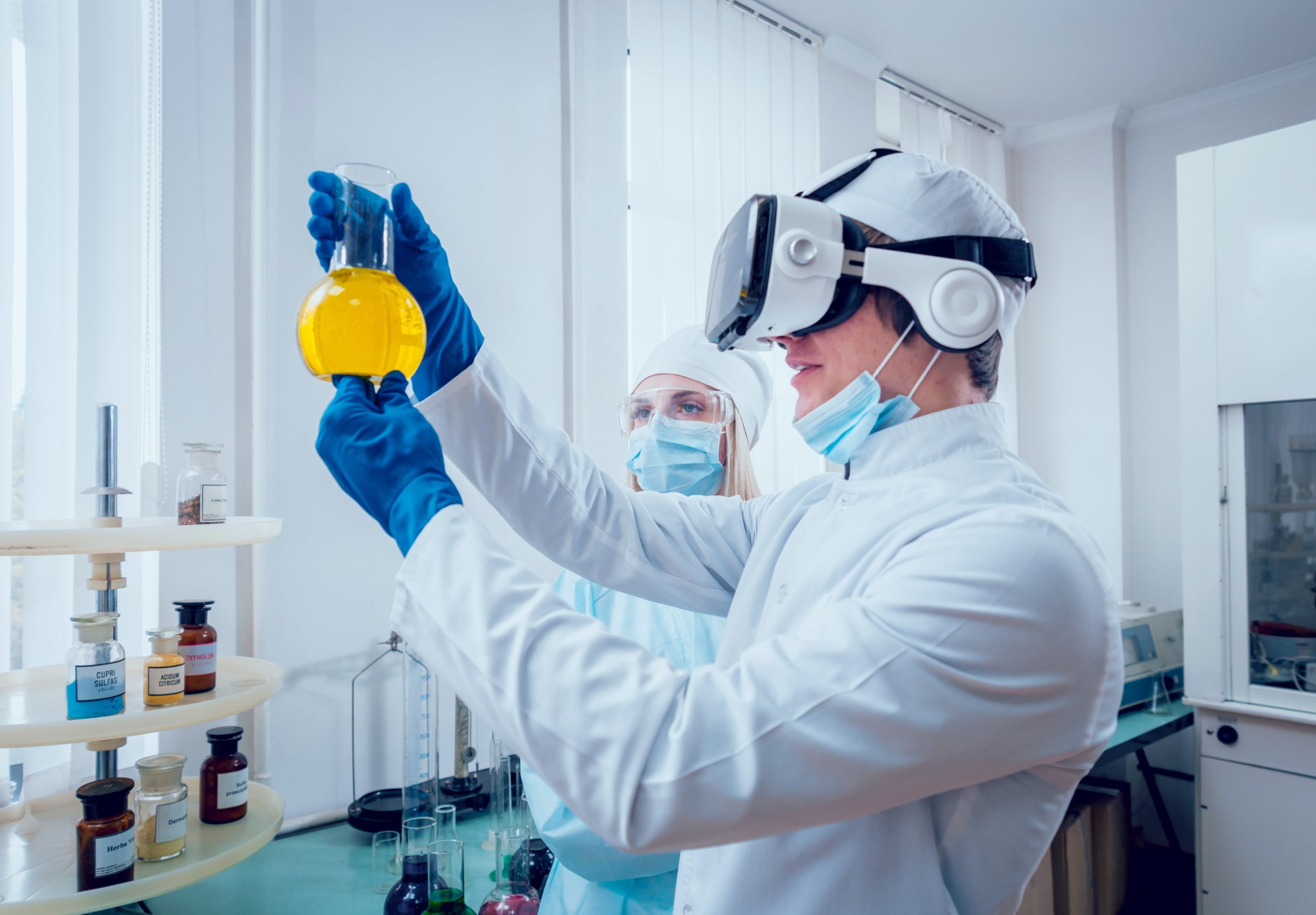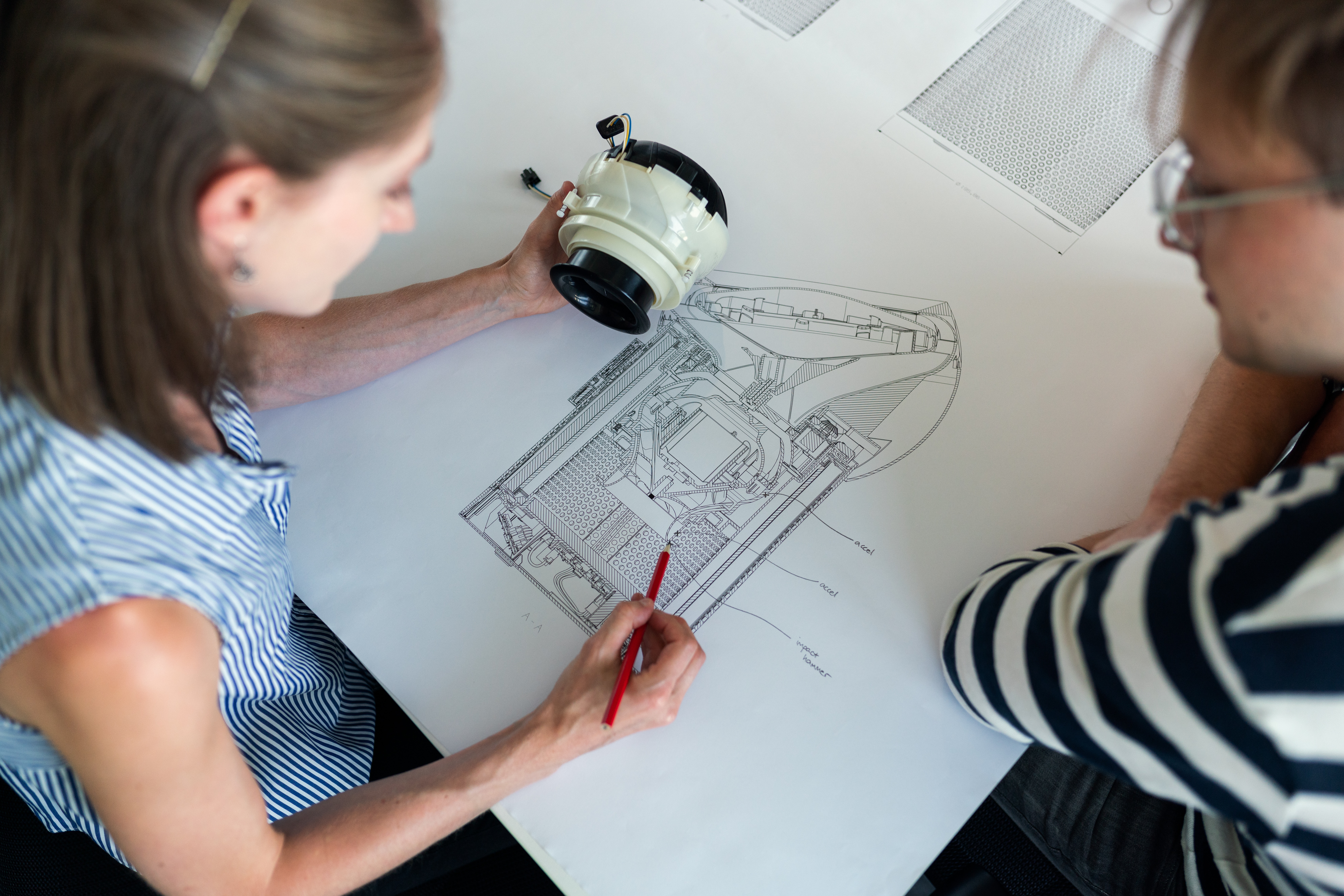Our relationship with the internet is changing. What was once a tool to be consulted occasionally is now an intrinsic part of our lives that we expect to be connected to at all times. According to The Office of National Statistics, 90% of UK households now have internet access and the number is growing every year. In 2015 The Guardian reported that the average UK household has 7.4 internet connected devices, and this number is presumably even higher now. We expect our computers, our phones and our televisions to be connected to the internet at all times and, crucially, to be connected to each other as well.
With multiple interconnected devices putting pressure on networks, the race is on to roll out the next generation of internet. In July of this year, Boris Johnson announced that Londoners would have access to 5G mobile internet by 2020. 5G is being presented as more than a simple evolution of the current 4G networks. While 4G was a steady improvement on 3G, 5G is set to revolutionise our mobile internet use. It is expected to be up to 1000 times faster than its predecessor. Johnson promised Londoners that they will ‘be able to download films to their phones in less than a second.’ Gizmodo describe the switchover from 4G to 5G as ‘upgrading your data connection from a garden hose to a fire hose.’
The possible applications of superfast internet for leisure and entertainment are impressive, but many are looking to more serious uses. One area that could benefit greatly is healthcare. Faster mobile internet combined with 3D video technology could drastically cut waiting times by allowing effective online consultations while interconnected smart devices in the home could improve the care of the housebound and increase their independence.
Wearable devices
One of the main ways in which 5G will improve medical care is by enabling us to use wearable devices to monitor the condition of patients remotely. These devices, which usually take the form of a wristwatch or something similarly unobtrusive, already exist. However, 5G internet will drastically improve their effectiveness, allowing huge amounts of patient data to be transmitted and acted upon instantly. In his paper How 5G Technology Enables the Health Internet of Things, Darrell M. West describes the huge potential benefits of wearables supported by 5G:
‘For patients suffering from serious or chronic health issues such as cardiovascular disease, diabetes or cancer, remote monitoring devices can track vital signs and glucose levels and electronically transmit this information to health care providers. Rather than wait for an emergency to happen, this equipment and immersive connectivity provides an early warning system that helps physicians detect possible problems and get medical care to patients in a proactive manner.’
Wearable devices would help to bring peace of mind to patients, especially the elderly. Older people often live alone and worry that they would be unable to reach a hospital in case of an emergency. West praises wearables, saying that ‘Physicians and nurses can track vital signs, motion, falls, and speech slurring, among other things, in order to provide real-time diagnosis of people’s health problems.’ Knowing that they are being monitored in this level of detail could be very reassuring to vulnerable patients.
Online consultations
As well as enabling the use of wearable devices to detect emergencies, 5G will also allow patients to see their doctor without leaving the house. A recent study on homecare by Ericsson showed that 39% of chronic patients already prefer online consultations. This number would presumably increase as 5G improves the quality and convenience of the service.
Earlier this year the world’s first 3D hologram call was made using 5G internet. If this technology could be rolled out to the general public, it would vastly improve the quality of online consultations. People who feel that they are missing out on a real consultation with a video call might feel more satisfied if the consultation was in 3D.
Ethical considerations
As with any new technological advance that has an impact on medical care, online consultation or ‘telemedicine’ as it’s known in the States, brings with it a new set of ethical problems. Chief among these is ensuring that the same standard of care is given to all patients, regardless of the consultation platform. Back in June, the American Medical Association (AMA) outlined a new set of guidelines covering telemedicine. These include being honest with patients about the limits of a virtual consultation and encouraging patients to inform their primary care physician that they are also seeking online help. Speaking to Medical Economics, AMA Board member Jack Resneck said that ‘while new technologies and new models of care will continue to emerge, physicians’ fundamental ethical responsibilities do not change,’
The American healthcare system is mostly private and so many patients have the freedom to choose their method of consultation. In the UK, it would be up to the NHS to decide whether to provide these services. The government could be keen to embrace online consultations as waiting times are a constant problem for the NHS, but the cost factor will likely be a significant outlay, especially at the inception of such a scheme. NHS England recently announced that £45 million had been put aside ‘to support the implementation of online consultation systems by practices.’
Even if not everyone is happy to see their doctor over the internet, increased online consultations will also help those who don’t use them. The elderly may be reluctant to embrace the new technology but, If many younger patients are seeing their doctor online, waiting times will be reduced for everyone else. If used correctly, 5G internet can provide both convenience and peace of mind to patients. It could be the best thing to happen to healthcare in a long time.
The next step for innovative companies
If your company is working on innovation in healthcare, you may be able to apply for an Innovate UK grant. The organisation is currently running round 3 of its Health and Life Sciences competition which offers a share of £15 million to projects that lead to ‘improved healthcare outcomes.’ The competition covers several areas of healthcare, including Advanced Therapies, Medicines Discovery and Preclinical Technologies.
Innovate UK grants are awarded on a competitive basis so your application will have to really stand out. That’s where we can help. We have years of experience with Innovate UK application and know exactly what they’re looking for. We’ll handle the application so you can focus on the project.
Get in touch today and let’s get started.






